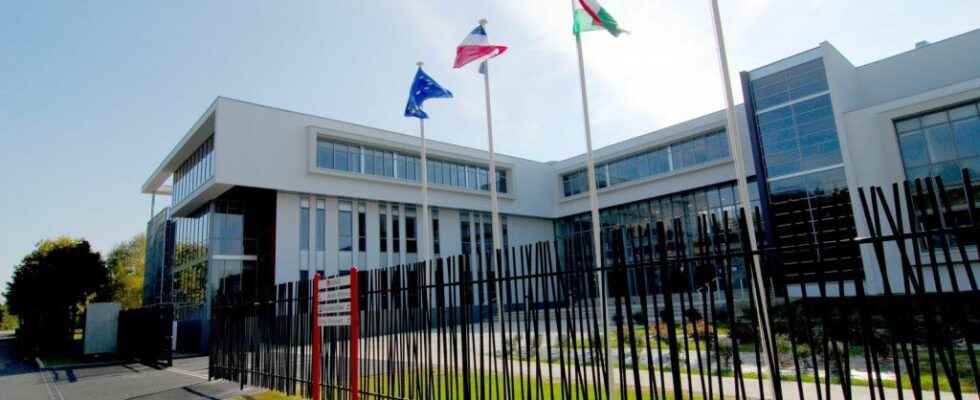The lack of social and territorial diversity in the major business schools no longer needs to be demonstrated. 65% of their students come from very privileged backgrounds and only 8% from very disadvantaged backgrounds, according to a study published in 2021 by the Institute for Public Policy.
To fight against this phenomenon, ESSCA is the first to have implemented an extensive modulation of tuition fees. Thus, students who do not have scholarships can also benefit from modulation of registration fees according to income. A way to open up the establishment to other profiles.
Is this type of approach likely to lead to less selectivity, as some fear? “Absolutely not, answers Christine Sinapi, director of academic programs at ESSCA. And for good reason: the selection method is the same for all students and the motivation of these students is sometimes greater.” The numbers prove it. “The pass rate in the second year [de ces étudiants] is identical and their grades in some subjects are sometimes above average,” she says.
However, ESSCA does not plan to go further and offer a point bonus system upon admission. “These devices seem effective, but can also be a source of breach of equality”, underlines the program director. This bonus could even make the young people in question doubt their legitimacy.
Modernizing the concept of excellence
Nevertheless: ideas always come up against resistance. “Some cling to a form of ‘excellence’ that dates back a decade or two, measured solely by academic performance. But today we also need other skills, such as perseverance and resilience “, underlines Chantal Dardelet, the director of the Center for Equality, Diversity and Inclusion at ESSEC.
Based on the observation that scholarship students were less good at writing but better at speaking, ESSEC experimented in 2022 with a new system for the post-preparatory competition. The principle: allow the 35 scholarship students located just below written eligibility to still take the oral. And it works since 24 of them finally joined ESSEC at the start of the last academic year. “We have not changed the marks or the coefficients and the tests have remained anonymous. This means that these students have surpassed the others in the oral and have obtained sufficient marks to integrate the school”, further details Chantal Dardelet. And to continue: “Writing calls for academic skills. Besides, starting with writing is an arbitrary choice, we could do the opposite!”.
Go beyond received ideas
The work-study program represents another lever that is increasingly used to modify the profile of the students recruited. Audencia has thus gone from 150 apprentices in 2020 to 750 today, thanks in particular to the opening of its CFA. The Nantes business school has even decided to go further with the launch of the Sirius program. In short: a one-year support for professional baccalaureate holders towards higher education and the Grandes Ecoles, then support for scholarship holders of 90% of the registration fees after their admission. “The observation is simple: while 25% of a generation of high school graduates come from vocational streams, they were only 1% in our school in 2021. We have therefore decided to give these students a second chance by going beyond received ideas about professional courses”, argues Nicolas Arnaud, the program director. This year, about twenty students benefit from this program.
“If we bring pupils who have started from lower levels to the same level as the others, we are really playing our role of transforming society”, asserts the director of the Nantes school. And to cite the example of a student, who came from a professional baccalaureate, who joined Audencia in parallel admissions to end up an expert in mergers and acquisitions at the City of London… An example to follow!
